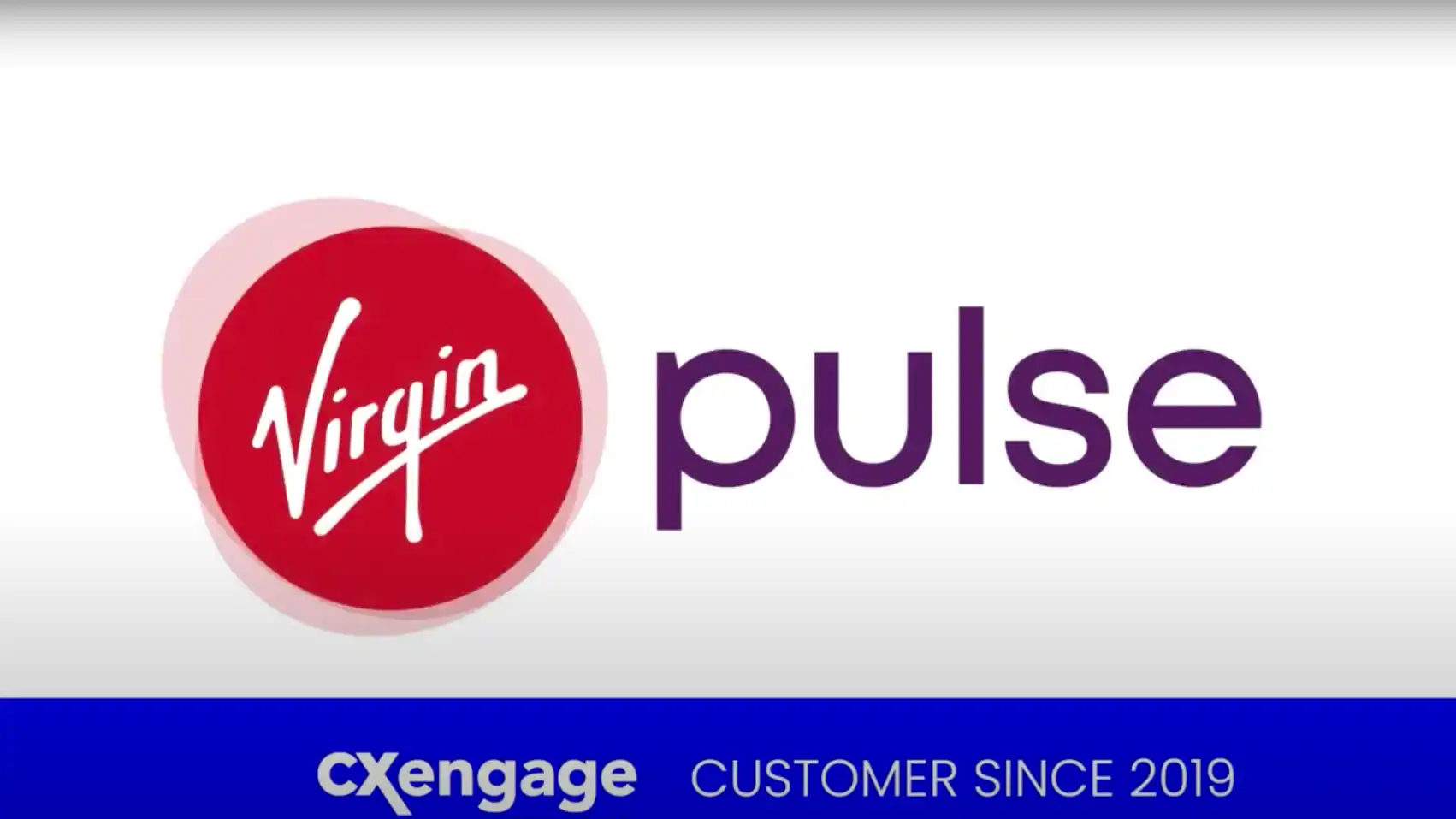At this month’s Austin Contact Center Alliance luncheon, I had the privilege of joining two exceptional colleagues for a panel discussion on the role of women leaders in contact centers. I walked away from the event, which was packed with nearly 100 industry women and men, feeling inspired. Here are some of the highlights:
Panel Participants:
Terry Madison, VP of Customer Operations, Allergan
Megan Kelley, Regional Sales Director, SHI International Corp.
Jen Jackson, VP of Customer Success, Serenova
Find and Take Full Advantage of a Mentor (or Many)
I’ve written before about the value of mentors, and I’ve been a strong proponent for years. So, I was glad to hear mentorship strongly and repeatedly endorsed by my panel colleagues. While anyone would benefit from a mentor’s perspective, professional allies, teachers and sponsors are particularly important for women.
As female leaders, we constantly face limiting assumptions—in and outside the contact center— about our roles and what we are capable of accomplishing. Megan Kelley spoke to the unique female challenge of being labeled as “emotional” when we feel strongly about an issue, while, under the same circumstances, a man would be more favorably referred to as “passionate.”
Even if it’s only to remind ourselves, we need champions who see past these assumptions.
Mentorship doesn’t have to involve a formal process. I’ve reached out to people I admire on LinkedIn and made valuable connections. More often than not, people are willing to help and engage. I’ve found we are wired to help. And the more help we have, the better.
Culture Matters

Inclusive, compassionate environments—for men and women— are essential for the success of agents, leaders and the contact center. Megan spoke about the ripple effect of this kind of culture. She reminded us that when leaders have the courage to own who they are and put our values first, others have the courage to speak out as well.
Setting boundaries is a good example. I have a personal rule that I won’t send emails on Saturdays. Even if I am working, I’ll wait to send until Monday. And if I have a family commitment that means I have to leave a meeting at 5 pm, even if it isn’t over, I will leave and not worry that I won’t be invited to the next one and lose my voice on a topic.
Terry Madison said it well when she told the group, “We must give ourselves permission to be ourselves, to be fully authentic and always aligned with our values.”
It takes a village to get through life, and we have to create supportive communities for ourselves in our professional lives as well. You lose nothing by operating in and managing from a supportive and compassionate space. In fact, it garners respect and commitment. I have found this to be true in my own experience and hear it echoed by other female leaders time and time again.
Pay It Forward

Effective leaders never forget they’re leading “humans,” not just employees. We must make data-driven decisions with compassion. Metrics, for example, make the most sense when they tell a story and are used within the context of how they can help someone grow.
Megan spoke about her work mentoring others and creating opportunities for them to learn, grow and contribute. She will often invite less experienced team members to join important meetings. She’ll prep them in advance and empower them to feel comfortable to share ideas and help solve problems.
I think it always comes back to building that village of large and small communities for the success of all. I lead by example, ask for help when I need it and work to empower others in a positive environment.
For more insights on how to lead more effectively and help drive contact center success, check out the e-books 5 Critical Actions for Successful Contact Center Leaders and 7 Habits of Highly Effective Contact Center Leaders.







